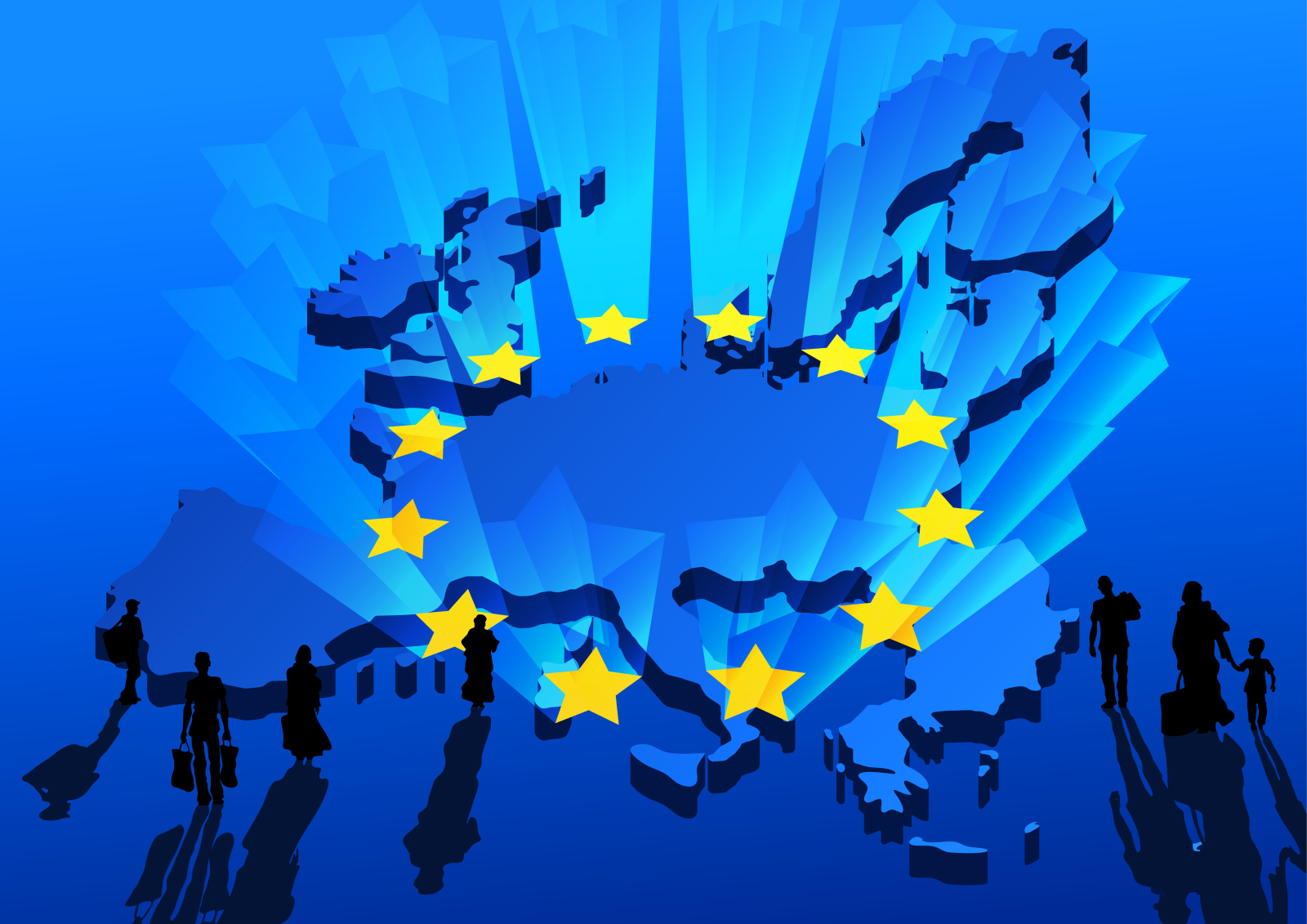After the 2017 French Elections: Reflections on Europe’s Immigration Policies

Practical information
While France appears willing to take a strong leadership on European affairs, what influence would this new French leadership have on the EU’s immigration, asylum and integration policies?

In 2017, elections held in the Netherlands, France, Germany and Austria have underscored the extreme polarization when it comes to asylum and immigration issues in Europe. As these political divisions – present in both national debates and interactions between member states – exacerbate the uncertainties surrounding the future of European policies, other risky elections are looming on the horizon in Italy and Hungary. The relative failure of far-right parties in the Dutch and French elections does not indicate the failure of the ideas brought forward by these movements that have strongly influenced the public and political debates regarding immigration, asylum, Islam and the cultural pluralism of European immigration societies.
By revisiting recent developments in French immigration policy since the country’s elections in Spring 2017, this panel discussion aims to draw initial lessons for the future of European policies.
Guests invited to this discussion are representatives from national and European institutions, NGOs that provide assistance to immigrants and asylum seekers, union federations, research community, and foundations.
Program
9 am - 9:30 am Reception
9:30 am - 10 am Introduction
Christophe Bertossi (Director of the Centre for Migration and Citizenship, IFRI), Laurent Muschel (Director for Migration and Protection, Directorate-General for Migration and Home Affairs, European Commission), Gilles Pelavo (Head of Unit, EACEA, European Commission)
10 am - 12 pm / Should We Reconsider European Asylum and Immigration Policy?
The topic will be introduced by Francine Blanche (Head of the Migration Unit, General Confederation of Labor, CGT), Clotilde Giner (Deputy Director of the Migration Unit, Order of Malta France), Agnès Rebuffel-Pinault (Advisor for Internal Affairs, French Permanent Representation to the European Union). The discussion will be moderated by Matthieu Tardis (Research Fellow at the Centre for Migration and Citizenship, IFRI)
12:30 pm - 2:30pm / Reflecting on Citizenship in Europe in the Face of Intolerance and Racism
The topic will be introduced by Samia El-Alaoui Talibi (Muslim chaplain of the prison administration of Lille), Danièle Joly (Emeritus Professor of the University of Warwick, Research Associate at the School of Global Studies and IFRI), Michael Privot (Director of the European Network Against Racism – ENAR). The discussion will be led by Christophe Bertossi (Director of the Centre for Migration and Citizenship, IFRI).
2:30 pm – 2:45 pm Conclusion
Giulia Lagana (Senior Analyst on European immigration and asylum policies, Open Society Europe Policy Institute)
The panel discussion will be held in French.
This panel discussion forms part of the project “2017: quelles politiques d’immigration, d’asile et de citoyenneté en France?”, led by the IFRI with the support of the Open Society Initiative for Europe.




